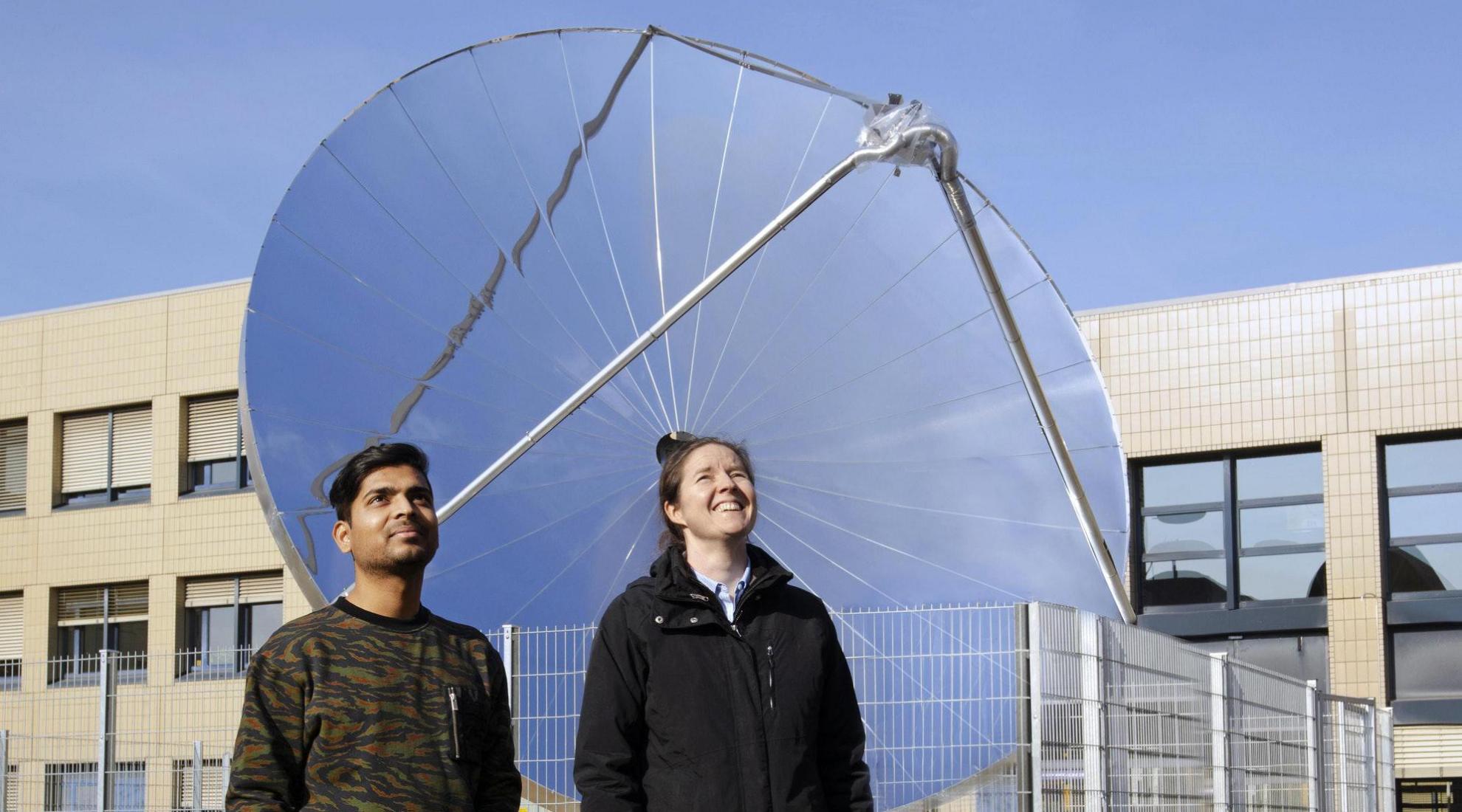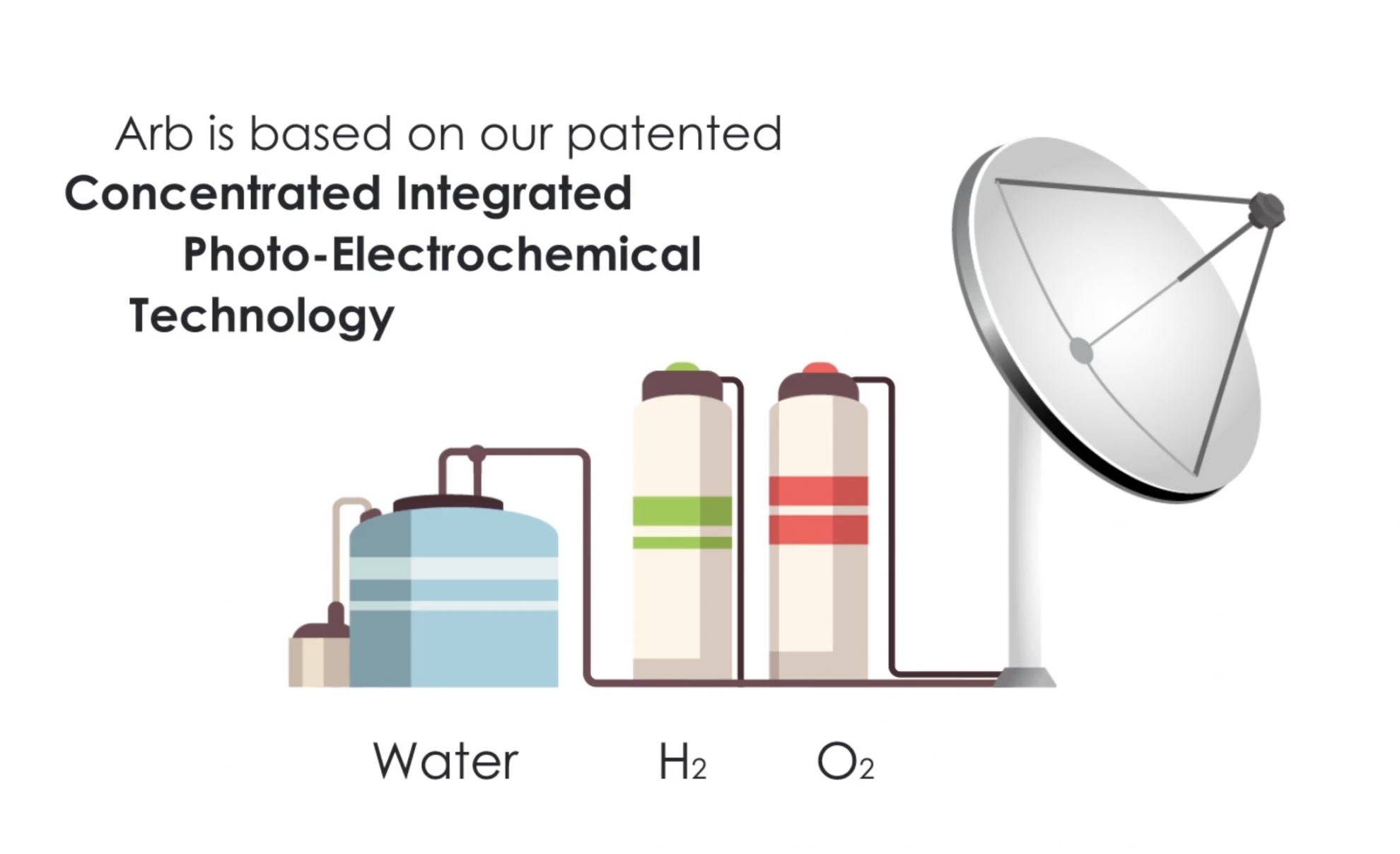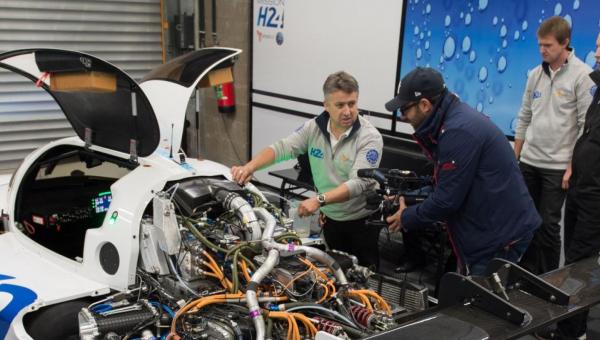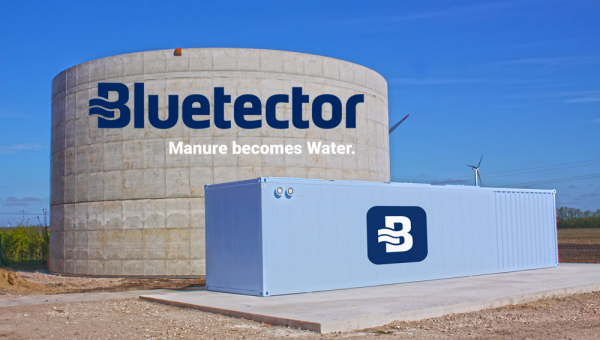EPFL start-up SoHHYtec develops cleaner, greener and cost-effective fuel

Lausanne-based cleantech start-up SoHHYtec is developing a sustainable system for replacing conventional fossil fuels using sun and water with an on-site 'artificial tree'.
Hydrogen is produced in remote refineries and then transported, which is very costly, polluting and time-consuming. Experts estimate that the cost of transporting hydrogen to the destination of use is two to three times higher than the actual production cost. In response to this unecological process, SOHHYtec is developing a smart device called Arb for 'artificial tree'. Arb uses only sunlight and water input – hydrogen, oxygen, electricity and heat – to produce fuel. Thanks to on-site installation no transportation is required. SoHHYtec’s hydrogen, called SoHY, can power homes, cars, farms and also be used in the industrial sector (fertilizer, chemical, mobility, etc.). After installation, a SoHHYtec system can operate for up to 20 years.
Over six years of research in Lausanne
The solution is based on more than six years of extensive and ongoing research and development work at the Laboratory of Renewable Energy Science and Engineering (LRESE) at EPFL. The international team is headed by Dr. Saurabh Tembhurne (CEO) and co-founders Dr. Meng Lin (Asia head) and Prof. Sophia Haussener (scientific adviser). SoHHytec has already won several entrepreneurship awards and secured a total of over CHF 1 million in grant money for ongoing product development and research for renewable fuel (hydrogen), electricity and heat production. The most recent award in the amount of CHF 150,000, to advance product development, comes from Venturekick.
SoHHytec's technology is based on a patent-pending concentrated integrated-photoelectrochemical (CIPEC) approach. Sunlight is concentrated by a factor of 1,000 using a parabolic dish. The energy is then used and transformed by Arb's shell at the focal point of the parabolic dish.

Infographic on SOHHYtec's technology with the 'artificial tree'
Targeting an EUR 120 billion market
The cleantech start-up is currently in the final stage of long-term testing of the existing Arb pilot at the EPFL campus. The company is also advancing a commercial pilot project, which will deploy multiple Arbs to meet the entire needs of a steel processing factory in Switzerland. This is planned to be followed by commercial pilots around the world – targeting the growing market for clean hydrogen generation worldwide, which is estimated at EUR 120 billion.




